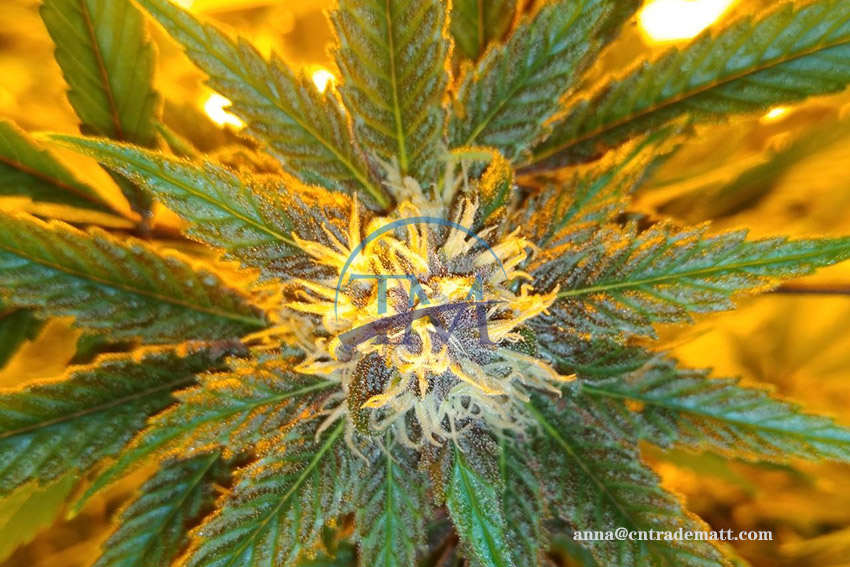Currently, California has more than 30 conditions for patients to apply for medical cannabis, and the legal status of medical cannabis is entering its third decade. Here are some of the most important new scientific discoveries in this field that have not been described in the previous section:
Epilepsy – Although science has made great progress in treating epilepsy with exorcism, the causes of the disease are still not fully understood. Medical cannabis does not cure the disease, but in its most aggressive form, it helps to dramatically reduce the frequency of epileptic seizures. It is speculated that the endorphin system regulates the electrical activity of the brain to a certain extent. In some circles, the success of epilepsy is a strong argument for supporters of a disease called epilepsy. Chronic lactone deficiency.
Fibromyalgia – More a series of symptoms than a real disease. Fibromyalgia can be considered a post-modern torment. It’s excellent. There are many reasons for this situation. However, scientists believe that the core is neurological imbalance. Cannabinoids have the best effect in alleviating fibromyalgia due to the imbalance of fibromyalgia. In developed countries, it is estimated that up to 4% of the adult population (high preferences for women and the elderly) is affected. The survey by the National Pain Foundation found that 92% of 1339 patients with fibromyalgia have some degree of relief from medical marijuana, and 62% of them say “high”. This figure should be set against the background that 60% of people think drug solutions are completely useless.
Alzheimer’s disease – Like fibromyalgia, medical cannabis cannot be cured, but it has been shown to significantly slow the progression of Alzheimer’s disease. There are two different opinions on why medical cannabis inhibits disease progression: the first is anecdotal evidence from some nursing staff in California that THC is responsible for disease improvement; the second is focused on laboratory tests of rodents that respond well to various cannabis cocktails.
Cancer – In addition to the palliative support of medical cannabis in neutralizing the consequences of chemotherapy, there are some clues that cannabinoid may have an inhibitory effect on cancer. A study conducted in 2013 showed that THC was used in mice with invasive tumors and resulted in a significant reduction in the number of mice affected. The three major cannabinoids (cannabinoid, cannabinol and cannabinol) from University of London have strong anti-cancer effects.
Crohn’s disease is probably the most famous and best-known study of chronic gastrointestinal diseases. However, the treatment of symptoms is a constant stress for both the patient and his or her doctor, and many drugs (especially those containing corticosteroids) are highly toxic to the liver. As we mentioned in the previous section, many of Crohn’s symptoms can be consistent with medical marijuana – loss of appetite, weight loss, local pain. Because cannabinoid receptors are widely present in the gastrointestinal tract, medical cannabis is expected to become the future treatment of such problems.
Post-traumatic stress disorder (PTSD), a sometimes life-threatening mental state, almost always has a disastrous impact on the quality of life. PTSD is still a controversial aspect of psychiatry. A pilot project has been going on for several years. The University of Arizona focuses on veterans who continue to test for stress attacks even after receiving mainstream treatment. Voluntary shifts to medical marijuana have been monitored, and most have shown significant improvements, both in the short term and in the long term.

Tags: supercritical fluid extraction instrumentation, supercritical co2 extraction equipment uk, second hand co2 extractor